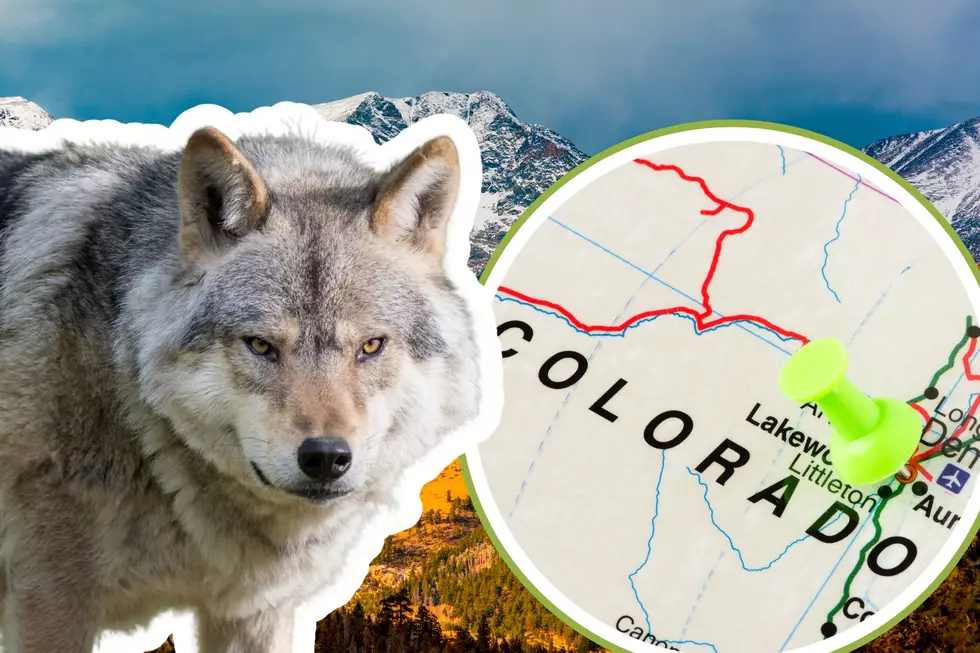
Aliens Or Stars? You Decide
I’ve never seen an alien. But I WANT TO, and that’s why you’ll be finding me outside at 1 am this coming morning. My future self will not thank me when I have to get up for work 5.5 hours later, but you know what? I’ve decided that space is worth it. And tonight, my friends, is a prime time for stargazing and contemplating how truly tiny and inconsequential we are in the face of the vastness of the universe. Hm, maybe not that second one; I don’t have an existential crisis scheduled until next week. But otherwise, all you avid stargazers out there (and even those of us who’d honestly prefer something with a bit more of a plot. Say, The Haunting of Hill House. It’s supposed to be really good), tonight’s the night for it.
Why? Because the Geminid Meteor shower is going to be at its peak tonight, and we in Northern Colorado are perfectly poised to watch the night sky get lit.
We get to see this prolific meteor shower every December thanks to the asteroid 3200 Phaethon. According to CNN, it’s a so-called “rock comet” that circles the sun over the course of 1.4 years, during which it heats to 1,300 degrees Fahrenheit when it gets too close to our favorite star. It’s this super-heating which causes debris to slough off Phaethon and shower to Earth, usually at speeds of 22 miles—per second. 22 miles per second, sorry, that pause was misleading. But at speeds like that, the particles never get to reach earth, and instead vaporize into the fantastic show we’re going to see tonight.
Although we should be able to start seeing shooting stars a few hours after sunset (starting around 6, according to timeanddate.com), the heavens will really start going for it around 10:30 pm, and peak at 2 am. Just remember to bundle up, give your eyes 30 minutes or so to adjust, and keep your back to the moon while watching out for alien invad—I mean shooting stars.
Oh! And if you’re looking for a prime location as far from any light pollution as possible, you’re in luck: It takes about 15-30 minutes to get to any of these open space locations, which’ll help you get a much better view.
More From K99








